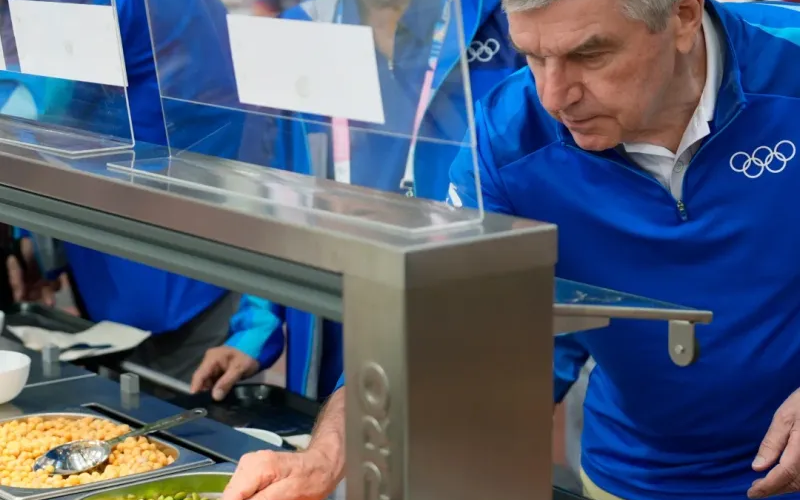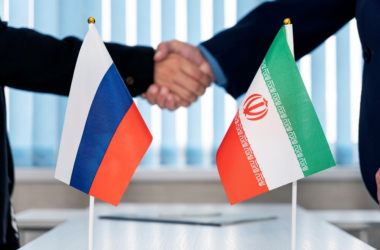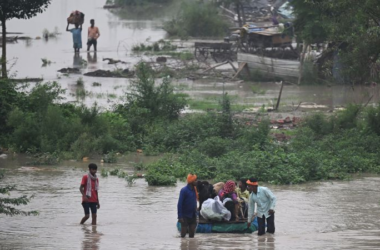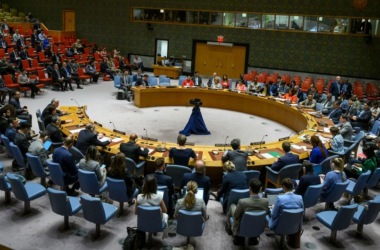As the Paris Olympics come to a close, the excitement of the Games is overshadowed by troubling reports regarding the conditions at the Olympic Village. British swimming star Adam Peaty, who won a silver medal in the 100-meter breaststroke, has raised significant concerns about the quality and safety of the food provided to athletes. Peaty’s comments reveal a broader issue that questions France’s ability to uphold the standards expected at such a prestigious event.
Peaty’s dissatisfaction with the catering at this year’s Olympics is particularly alarming. According to Peaty, the food at the Olympic Village has not met the high standards necessary for athletes competing at the highest level. He expressed frustration over the lack of adequate protein options and the inefficient queuing system, which has led to long waits and subpar service. “We need to give the best we possibly can,” Peaty told U.K.’s iNews. “The standard, we’re looking at the best of the best in the world, and we’re not feeding them the best.”
Adding to the discontent, Peaty reported that athletes have found worms in their fish, a shocking detail that raises serious questions about food safety protocols. The issue of worms in fish not only reflects poorly on the catering services but also underscores the potential health risks faced by the athletes. With many Olympians depending on high-quality nutrition to perform at their best, such lapses are unacceptable.
The Paris 2024 organizing committee’s commitment to sustainability has led to 60% of the meals being meatless and at least 33% plant-based. While these efforts align with broader environmental goals, they have evidently compromised the quality and variety of food available to athletes. Peaty’s criticism suggests that the focus on sustainability may have inadvertently led to a decrease in the nutritional standards essential for peak athletic performance.
The Paris 2024 organizers have responded to the backlash, promising improvements. A spokesperson from the organizing committee stated that they are actively addressing the issues by increasing the quantity of certain products and deploying additional staff to improve service. However, these responses raise further concerns about the adequacy of their initial preparations. The fact that significant problems have emerged only after the Games began indicates a lack of foresight and proper planning.
The Paris Olympics were expected to set a new standard for event management and athlete care. Yet, these food safety issues reveal a troubling gap between the high expectations set for the Games and the reality experienced by the athletes. With global attention focused on Paris, it is crucial for the organizers to address these concerns comprehensively and ensure that such failures do not tarnish the reputation of future Olympic events.
The food scandal at the Paris Olympics is more than a minor inconvenience; it reflects serious shortcomings in the planning and execution of athlete services. As the world watches, the need for immediate and effective action to rectify these issues is clear. Athletes deserve nothing less than the highest standards of care, and the Paris Games must rise to meet these expectations if they are to be remembered for all the right reasons.








